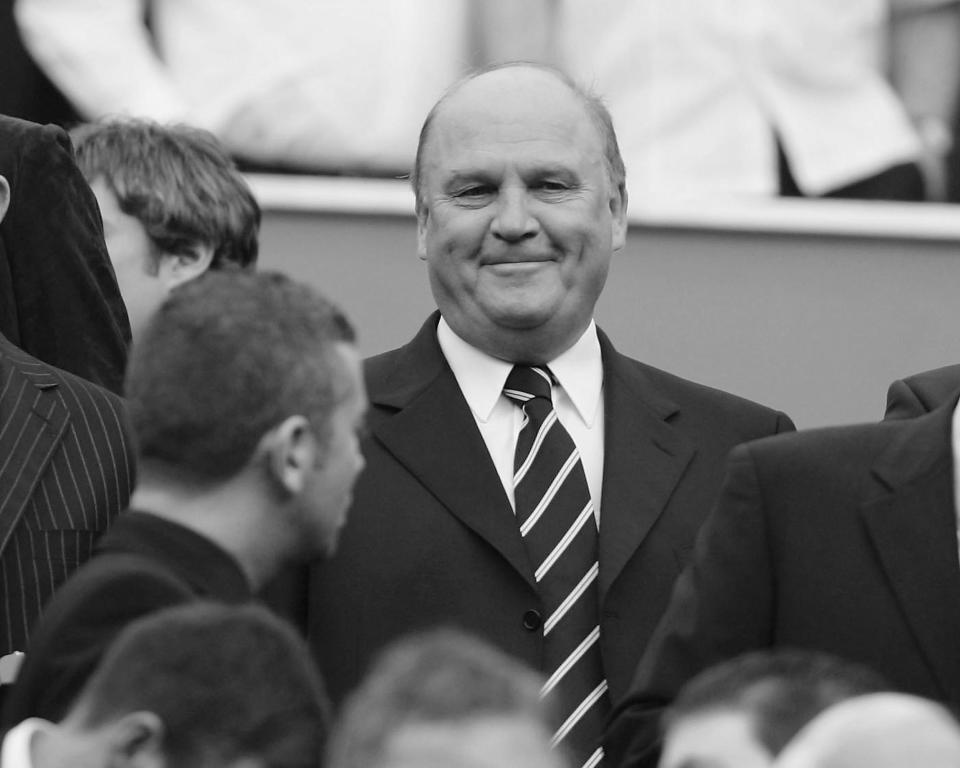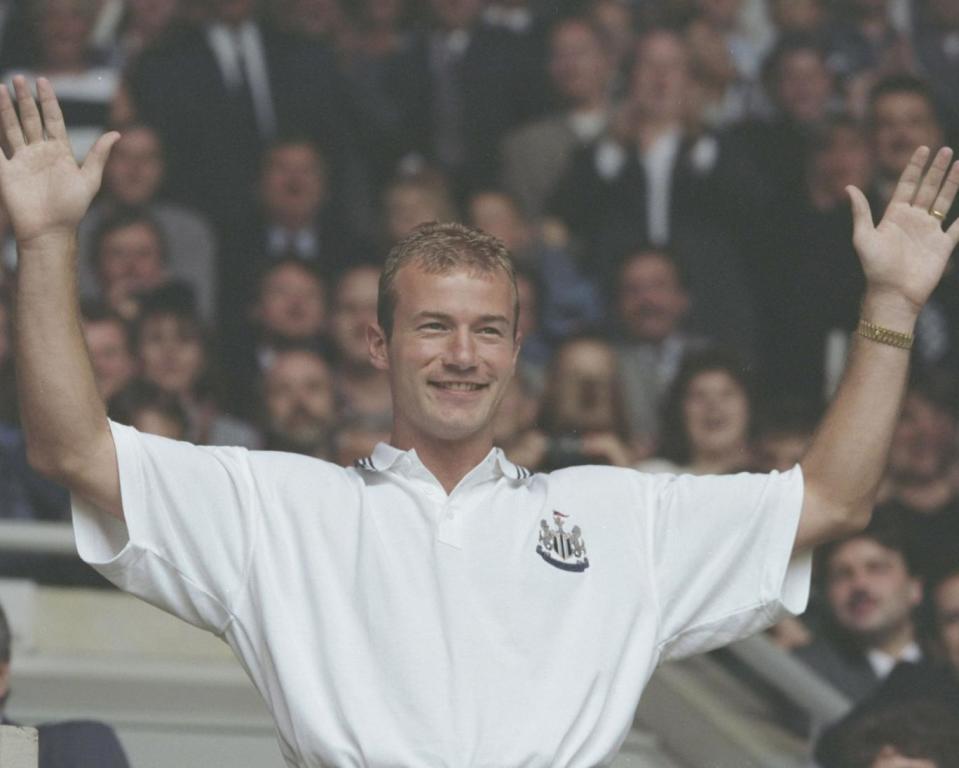Freddy Shepherd dead: The man who was so full of colour, but bled the black and white of Newcastle United

Michael Owen and his advisors were stood at the top of the tunnel that leads out to the St James’ Park pitch and a stadium where around 10,000 Newcastle supporters were waiting for his unveiling.
There was a slightly pensive mood and then Freddy Shepherd turned to Tony Stephens, Owen’s agent. “Can we play Is this the way to Amarillo? When we all walk out?” he said, smiling.
It was 2005 and Tony Christie’s 1970s hit was back in vogue following a Comic Relief performance by Peter Kay.
An ashen faced Stephens turned and said no. Shepherd still walked onto the pitch with his £16m signing and there was acclaim. He liked a laugh and a joke and making Newcastle United the centre of the footballing world.
“We were never dull!” he told The Independent, earlier this year. Say what you like about Freddy Shepherd, who died in his sleep at the age of 75 on Monday night, but he had black and white in his blood.
A son of the north east - although he lived in Australia for a part of his youth - his father, who formed Shepherd Offshore, made him qualify as a marine engineer. He still had the uniform he wore for those eight years encased on a wall in the company’s boardroom, on the banks of the River Tyne. “I can’t get into it now mind,” he said laughing.
He returned to the family business, of servicing vessels for oil rigs and storage of offshore equipment in his 20s. His father was best friends with John Hall. By 1991, Hall was involved in a fight to take control of Newcastle United, a club in deep trouble, and Freddy Shepherd’s life was about to change direction forever. His family was asked for £250,000 to join forces with Hall to help win a bitter boardroom battle. They did and the Halls and the Shepherds won. And Newcastle United was never the same.
When the club dipped a foot in what was then Division Three, in 1992 after a five-two defeat at Oxford, and John Hall was speaking of his support for the then manager Ossie Ardiles, Shepherd, Douglas Hall (Sir John’s son) and the chief executive Freddie Fletcher were flying to Spain to meet Kevin Keegan to tempt him out of retirement.

It does not get much more inspired than that.
A football club and a city took off, and Shepherd was at the heart of it. “It was such an exciting time with Kevin,” he told me. “Kevin has to be given credit for what he did. I don’t think the city will ever be at those levels again.”
Shepherd did not become chairman of the club until October 1997, but was still hugely influential to the deals that made Newcastle United unmissable. He was sat in David Platt’s mum and dad’s farmhouse when the club outwitted and outspent Manchester United to land Alan Shearer in 1996. Last year he unveiled a statue of the greatest goalscorer in Newcastle United’s history, next to St James’ Park.

 Yahoo Sports
Yahoo Sports 